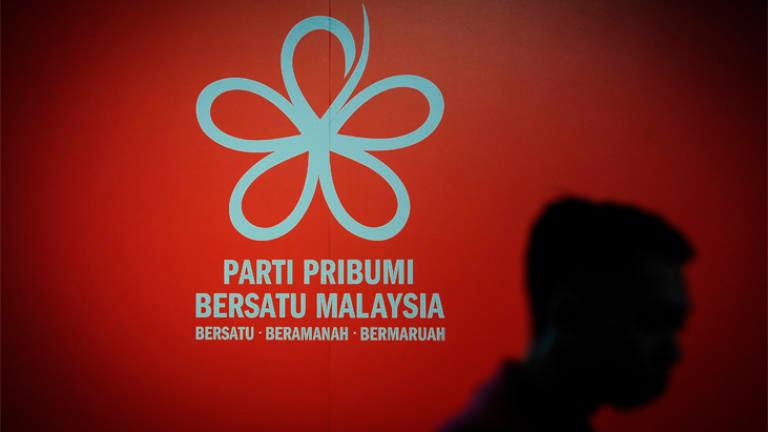PETALING JAYA: All eyes will soon be on Sabah as the state heads into its second elections in just over two years, and just as the previous one, it is expected to be a tightly-contested affair.
At the moment, it is hard to predict which way the results will go, although analysts have said there would be several key factors in play that could make or break the chances of the parties contesting.
They said the results could mainly depend on the battle between Datuk Seri Mohd Shafie Apdal and Tan Sri Musa Aman, and just as much on the cooperation between Umno and Parti Pribumi Bersatu Malaysia (Bersatu).
Universiti Malaya academician Prof Dr Awang Azman Awang Pawi likened the rivalry between incumbent Sabah Chief Minister Shafie and his predecessor Musa to “two tigers on the same mountain”, and said they could play a major role in influencing the outcome of the elections.
“Both are known to be individuals who never give up. When they go to war, there are bound to be many victims, even the rakyat. And as long as the other doesn’t go down, expect the battle to continue,” he told theSun yesterday.
“These are two individuals who have very strong political personalities and aura, in terms of power, influence and position.” He said the fact that Musa immediately returned to the political fray – when he attempted to topple Shafie’s administration – just weeks after he was acquitted of corruption charges showed that the powerhouses could play a leading role.
Awang Azman added that the “friction” already grinding between Umno and Bersatu could also determine which way the polls would go, noting how the two parties have started squabbling over seat allocations.
“Bersatu has said it is eyeing 45 of the 73 seats. This won’t bode well with Umno and the voters. If things turn for the worse, I won’t be surprised to see a three-cornered fight, giving the advantage to Parti Warisan Sabah and Pakatan Harapan (PH),” he said.
On who he believes has the upper hand at the moment, Awang Azman said PH-Warisan and Shafie have a slight advantage over their rivals as many Sabahans would have been be unhappy with Umno’s attempt to topple the state government.
However, he said this (advantage) could change in the coming weeks, particularly as Umno and Perikatan Nasional (PN) have the federal government machinery to count on.
Independent political analyst Prof Datuk Dr Shamsul Amri Baharuddin said the situation in Sabah was very fluid, and that sentiments on the ground would be ever-changing leading up to the polls.
However, like Awang Azman, he believes that Shafie and Musa, along with a couple of other prominent figures in the state, could play a major role in determining the outcome of the elections.
“Sabah politics have always been based around five or six ‘families’, including that of Shafie and Musa.
“To predict what is going to happen there, we have to see the movements of these so called ‘families’,” he said.
Other than the two figures, Shamsul said other prominent names to look out for include Sabah opposition leader and president of Parti Solidariti Tanah Airku Datuk Jeffrey Kitingan and Minister in the Prime Minister’s Department Datuk Seri Dr Maximus Ongkili.
Shamsul also believes the Opposition could face trouble if they do not sort out the issue of seat allocations, adding that another determining factor would be the Chinese votes, noting that they make up about 30% of the electorate.
“Personally, I would say they are the kingmakers.
“This is where success lies. Whoever can appeal to this group and garner their support would have a better chance of coming into power.”














